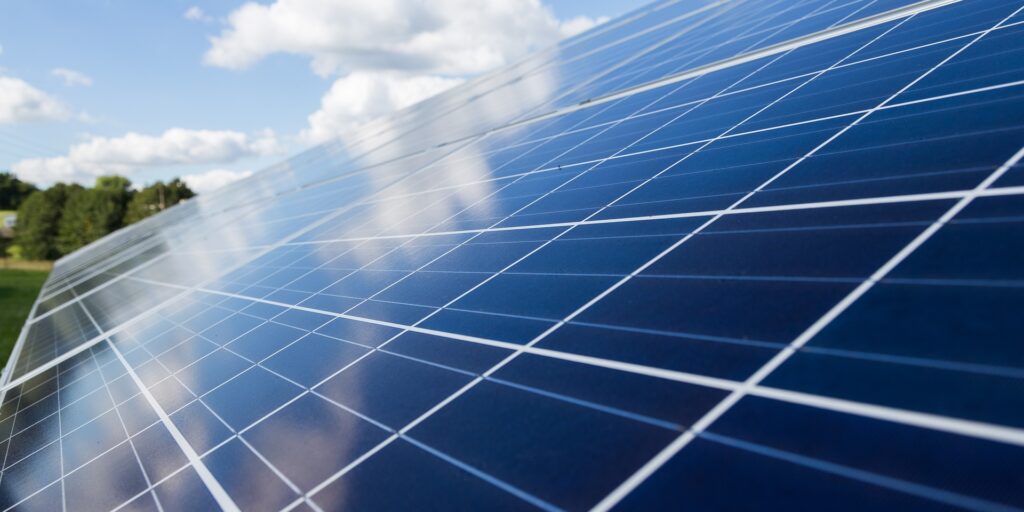Department of Energy awards 27 organizations, states, local and Tribal governments $90 million to update energy codes
The U.S. Department of Energy is investing $90 million in competitive funding to help local and Tribal governments update their energy codes for buildings. States and nonprofits are also among selected projects. Funded through the Bipartisan Infrastructure Law, the initiative will support 27 projects in 26 states and the District of Columbia. Awarded communities will also receive technical assistance.
Modernizing building codes is one of the most cost-effective ways to improve energy efficiency in homes and businesses, while making communities more resilient to extreme weather events, a statement from the Department of Energy notes.
“Cutting emissions from buildings across America and ensuring they’re more energy efficient are critical components of President Biden’s plan to tackle the climate crisis and create cleaner and healthier communities,” said U.S. Secretary of Energy Jennifer Granholm in the statement. “With unprecedented support from the president’s Investing in America agenda, the department is providing new funding to help cities and states modernize their building codes—lowering energy costs for American families and businesses while improving public health.”
Selected projects include $3.9 million to the Massachusetts Department of Energy Resources in Boston to develop a plan to support the adoption, implementation and compliance of an updated Stretch building energy code, and $1.6 million for the Atlanta-based Southeast Energy Efficiency Alliance’s work developing accessible and replicable energy code resourcesss, technical assistance, training, and workforce development.
The Pennsylvania Department of Environmental Protection in Harrisburg, Penn. will receive $3 million to develop energy code technical trainings and building science training programs at career and technical high schools, as well as at community colleges. In Alaska, local communities and tribes will work together to implement energy codes, and in Kansas and Missouri, a partnership will bring energy codes to rural communities.
“The 27 awarded projects were selected following a robust stakeholder engagement process and target partnerships across the range of energy code stakeholders who play an important role supporting the successful implementation of building codes,” the statement says. “These awards encompass a number of key activities supporting energy code updates and implementation, including workforce development, community engagement, research and data collection, energy, equity and environmental justice, and increased support for compliance and enforcement.”



















